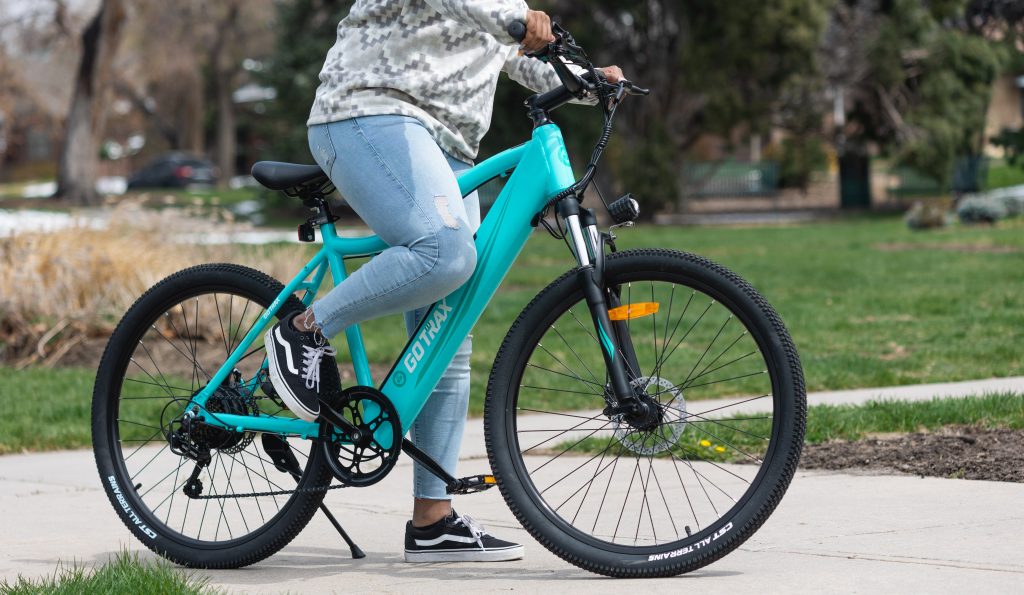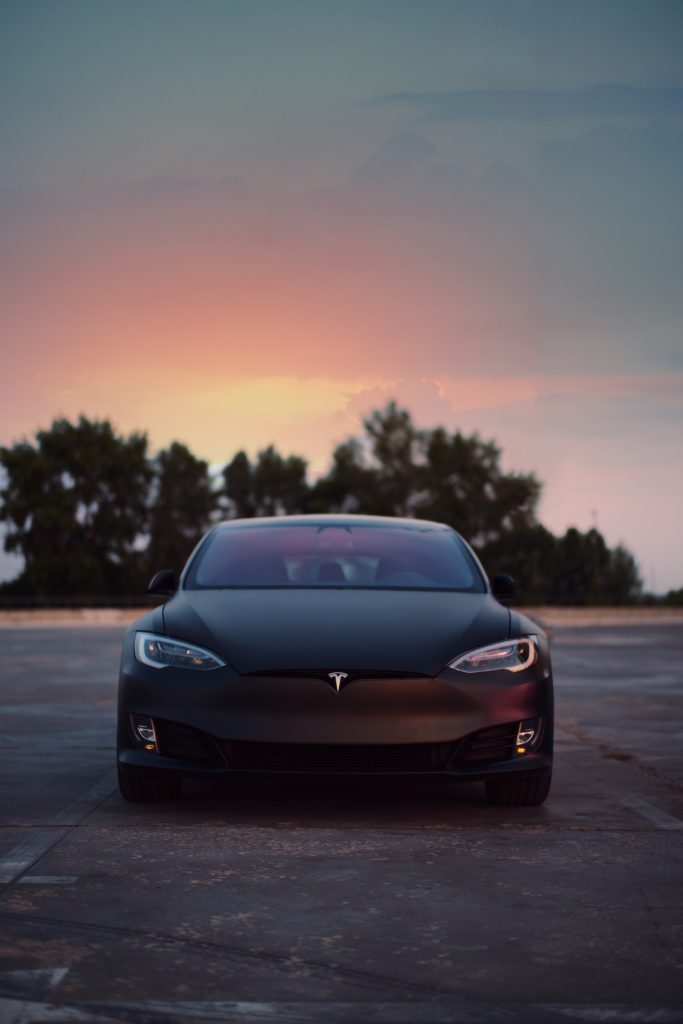The Drivers With the Best and Worst Eco-Habits – Auto trader
209
· A new study from Auto Trader reveals Lexus drivers have better eco-habits than Tesla drivers
· Porsche and Land Rover drivers also rank among the most eco-aware drivers
· Vauxhall and Toyota drivers are slower to adopt everyday eco-habits
Electric car champion Auto Trader has surveyed over 1,290 drivers to reveal which green habits the nation’s drivers are doing the most, and which drivers are struggling to do regularly.
The results show that the most popular eco-behaviors also ones that look after the pennies, such as taking our own shopping bags to the store, air drying our clothes and having a reusable water bottle.
In the new study, Auto Trader asked drivers how regularly they perform a variety of everyday sustainable habits, with the top ten most popular eco-habits as follows:
Drivers’ Ten Most Common Eco-Habits
| Eco-Habit | % of Respondents Who Always, or Regularly Do This | |
| 1 | People say they take their own reusable bags when shopping | 88% |
| 2 | People say they air dry clothes rather than tumble dry | 75% |
| 3 | People say they recycle at home, using kerbside recycling for household items | 73% |
| 4 | People use their own reusable water bottle | 66% |
| 5= | People say they switch their washing machine to 30 degrees | 64% |
| 5= | People say they wear more clothes to stay warm than turn up the central heating | 64% |
| 6 | People say they recycle items that can’t be recycled at home e.g. batteries, water filters, black food trays, crisp packets etc. | 62% |
| 7 | People turn off their computers and TVs, rather than using standby | 60% |
| 8 | People use Tupperware or reusable wraps over foil or clingfilm | 59% |
| 9 | People drive slower to use less fuel | 42% |
| 10 | People buy second hand toys, clothes, appliances, furniture etc. for sustainability reasons | 34% |

The least popular eco-habit is cycling instead of driving, with just 15% of drivers regularly adopting this habit. However, using an e-bike can massively improve your city commute, not just in terms of reducing carbon emissions, but by also providing a speedy alternative to sitting in a traffic jam and even taking away the stress of finding a parking place.
When cross-referencing the eco-habits with the brand of car the respondents drive, the study found that drivers of Lexus, Tesla and Porsche cars are taking remarkable strides towards reducing their carbon footprint and adopting eco-friendly habits.
Top 5 Drivers With The Best Eco-habits
1. Lexus Drivers: Lexus drivers are crowned the drivers with the best eco-habits, thanks to their pioneering behavior in reducing road congestion and emissions, with an impressive 63% frequently carpooling. Beyond sharing rides, Lexus drivers are also public transport advocates, as a majority (88%) of Lexus drivers admit opting for public transport over personal vehicles, demonstrating their dedication to reducing emissions on the road. Furthermore, Lexus owners also adopt consistent sustainable eating habits. Not only are 3 in 4 (75%) Lexus drivers embracing a vegan diet for sustainability reasons, a high number of Lexus drivers claim to prioritize purchasing food with fewer air miles – highlighting their commitment to reducing their impact on the environment.
2. Tesla Drivers: Unsurprisingly, Tesla drivers are setting a high eco-standard. Aside from all driving an electric car, the Tesla drivers surveyed all claim to use their own water bottle, and an impressive 94% switch their washing machines to an eco-friendlier 30-degree cycle, significantly reducing their carbon footprint. Furthermore, over half (56%) of Tesla drivers opt to shop in refill stores, championing the reduction of waste packaging in their daily lives and a grand majority (81%) claim to buy second hand items for sustainability reasons.
3. Porsche Drivers: Porsche owners round up the top three drivers with the best eco-habits. Not only do they stand out with 100% claiming to prefer air drying over tumble drying, thus saving energy, and reducing greenhouse gas emissions, but the majority of Porsche drivers also claim to adopt a slower driving style to save fuel and lower emissions.
4. Audi Drivers: Audi drivers demonstrate a commitment to sustainability when it comes to buying products, with 61% claiming to research the sustainability of brands and products before making a purchase. Owners of the German vehicles also prove to be eco-conscious in everyday shopping, with 56% of Audi drivers claiming to shop in refill stores to reduce waste packaging.
5. Land Rover Drivers: Much like Lexus drivers, Land Rover owners are devoted recyclers, with 100% of them actively participating in recycling efforts at home, helping them land in the fifth position of drivers with the best eco-habits. Moreover, 95% of Land Rover drivers help reduce their environmental footprint by switching their washing machines to a more energy-efficient 30-degree cycle.
Drivers With The Worst Eco-habits
While some brand owners are excelling in adopting sustainable habits, others are slightly behind the curve…
· Suzuki Drivers: Suzuki drivers, it seems, aren’t too keen on recycling, with 74% of those who drive the Japanese brand showing a reluctance to recycle regularly at home, highlighting a missed opportunity to reduce waste and conserve resources. Likewise, at 29%, they are one of the motorists least likely to avoid eating meat for sustainable reasons.
· Seat Drivers: While we all love a hot drink while out and about, disposable cups should be avoided to reduce the ever-growing issue of single-use plastic waste. Seat drivers, however, seem less than keen on the matter, with less than half confirming they bring a reusable cup for hot drinks.
· Toyota Drivers: As well as general low eco-habit adoption scores across the board, a clingfilm conundrum places Toyota owners among the worst eco offenders, as they stand out as the least likely to use Tupperware or reusable wraps, often opting for clingfilm or foil, which can contribute to plastic waste.
· Vauxhall Drivers: Much like Seat drivers, Vauxhall owners suffer from cup dependency. With 41% of Vauxhall drivers not using their own cups for hot drinks, there is a missed opportunity to help reduce single-use plastic waste.
Erin Barker, editorial director at Auto Trader, says: “At Auto Trader we’re passionate about supporting consumers with their environmentally friendly vehicle and journey choices. From upgrading an older petrol car to a newer, cleaner one or switching to an e-bike for your city commute, there are plenty of ways we can reduce our environmental impact. It’s encouraging to see from this study how many eco-habits have been adopted into our daily lives and we would love to see more drivers making more environmentally conscious decisions on the road, whether it’s sparking your electric journey with a pre-loved electric car, or simply reducing your car’s emissions with a smoother, slower drive.”

Eco-Friendly Driving Tips
Driving with minimal eco-impact is an essential practice to reduce your carbon footprint and help preserve the environment, and while opting to purchase or lease an electric car would be the top solution, there are plenty of other actions you can take to start driving greener today.
With 42% of people admitting they drive slower to use less fuel, Auto Trader’s experts have shared some top tips for eco-friendly driving:
1. Maintain a Consistent Speed
Use cruise control on highways to maintain a steady speed. This can improve fuel efficiency by reducing the need for constant acceleration and deceleration. Gradual acceleration and smooth braking help conserve fuel and reduce wear and tear on your vehicle.
2. Check Tyre Pressure
Keep your tires are properly inflated to the manufacturer’s recommended pressure. Under-inflated tires can decrease fuel efficiency and increase emissions.
3. Lighten Your Load
Remove unnecessary items from your car. Extra weight can reduce fuel efficiency, so only carry what you need for your journey.
4. Limit Idling
Idling consumes fuel and produces unnecessary emissions. Turn off your engine if you expect to be stationary for more than a minute. Modern engines are designed to handle frequent starts, hence why restarting your engine after a brief stop is more fuel-efficient than idling for an extended period.
To see the full Greenest Drivers report visit: www.autotrader.co.uk/cars/electric/greenest-drivers/




